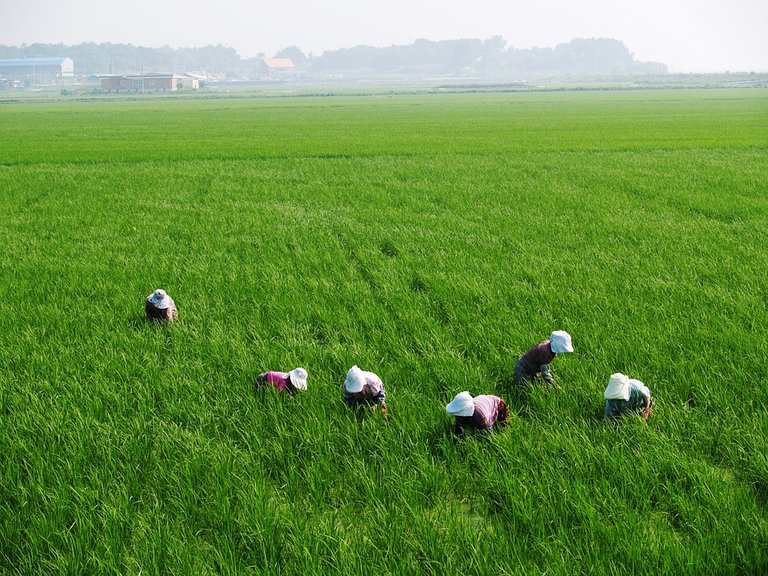Agro-leadership in Agricultural Production Units.
Written by:Diomer Antonio Galán Rincón.
Bachelor's Degree.Public Accounting / MSc.Science of Higher Education.
Introduction
In today's agricultural world, full of multiple roles to which the subject must give answers, such as assuming commitments, responsibilities, makes people face every day more and more in contexts of uncertainty, highly stressful, which generates the need for leadership capable of guiding people, in each of the spaces where it develops. This also includes the family, schools, even organizations, whether public or private.

Managers of production units are responsible for the performance of these, which also includes their workers, because, in their role as leaders, they have the responsibility to guide them. In this sense, they must have certain competencies that distinguish them, in order to be a role model for the objectives they set.

In this sense, agri-leadership is fundamental in production units, as it must be able to manage the different situations that may arise. Therefore, this must be a leader, a term that, according to Shermerhorn (2006), states that "leadership is the process of inspiring others to work hard to achieve important tasks".

According to the above, it is necessary for the Agricultural Production Units (APU) to have leaders who are not only bosses, but who stimulate the improvement of workers' performance in order to achieve the strategic objectives. In addition to this, the people who make up the (APU) have their own individualities that, according to Pérez, Y. (2012) "the leader must tune in to the feelings of the people and channel them in an emotionally positive direction", which leads to maintaining interpersonal relationships that generate an empathetic environment where workers feel important.
Taking into account the above, the importance of having leaders in organizations is reflected, which is applicable to all sectors of the economy, that is to say, to all types of organizations, profit or non-profit.
Conclusion:
We can emphasize that effective inventory management, regardless of the size of the organization or company, is essential for rapid growth,
Maintaining an effective rotation of merchandise inventories in stop will bring with it the availability of merchandise in good condition for sale.
I hope you like my article and I would appreciate all your comments.
bibliography consulted:
1.- Cabriles G. Ysabel L. (2014). Proposal of a safety stock inventory control system to improve the purchase management of raw materials, spare parts and supplies of Bagres C.A. company.
2- Correa Yusty Julián Alberto (2010). Process of improvement in inventory turnover in Group C. Lozano Frexco S.A.S.

0
0
0.000
There is a big difference between a boss and a leader.
The leader motivates, convinces, gives confidence, manages problems.
I agree with you, what is needed in all management is a leader who promotes change.
greetings @ criptoxicate, certainly the leader is very important in any economic sector, and in the specific case of agriculture in Venezuela with so many existing problems, the agri-leadership plays a fundamental role that inspires others to do new things in order to solve problems.
Thank you very much for your comments
Congratulations @dgalan! You have completed the following achievement on the Hive blockchain and have been rewarded with new badge(s) :
Your next target is to reach 2250 upvotes.
You can view your badges on your board and compare yourself to others in the Ranking
If you no longer want to receive notifications, reply to this comment with the word
STOPCheck out the last post from @hivebuzz:
Support the HiveBuzz project. Vote for our proposal!
@tipu curate 2
Upvoted 👌 (Mana: 56/112) Liquid rewards.